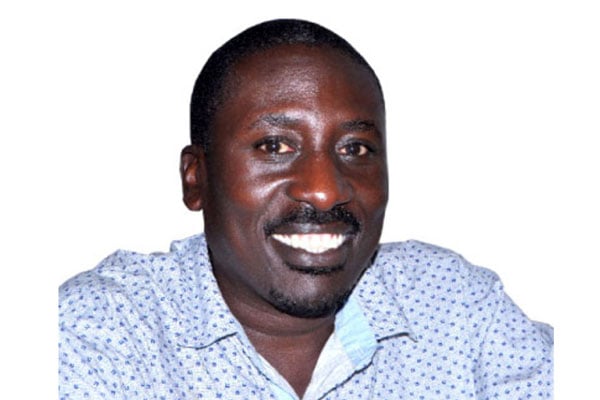
Philip Matogo
It was reported in Monitor during the week that Uganda has signed an agreement with South Korea for a $500 million (about Shs1.9 trillion) loan to help finance infrastructure building.
After reading this, the phrase “throwing good money after bad” sprung to mind.
This phrase simply means that some entity or entities are trying to improve a bad situation by spending more money on it, instead of doing more thoughtful or practical things to improve it.
However, the donors think otherwise. That’s because aid is business and, by the looks of things, business is booming. Well, for the donor but necessarily for the receiver.
In his book The Great Escape, Nobel laureate Angus Deaton partly reveals why with the words: “I have come to believe that most external aid is doing more harm than good.”
Alternatively, then, it has been recommended that we should adjust our developmental gaze to visions of self-reliance, cooperative interrelationships with other Third World countries. All the while, avoiding “developmental assistance” with tied conditions and directives.
The world will not wait for Uganda, nay, Africa to do it any other way.
For we have tried using other people’s money to solve our problems and come up short, continually.
In the process, aid has supplanted the democratic forces of Africa by ensuring the corrupt stay in power as accountability becomes a song everyone knows but few can dance to.
To be sure, aid is a thinly veiled money-back guaranteed investment by rich countries in “poor countries” as a means to capturing the latter’s means of production.
This is why Belgium, with US support, assassinated the DR Congo’s first democratically elected Prime Minister, Patrice Lumumba, after he preached the virtues of Africa’s economic independence.
Again, Guinea declared independence in 1958. The country’s former colonial master, France, was furious and made sure it left with everything; including the telephone cables!
Thereafter, Official Paris flooded Guinea with counterfeit currency so as to collapse the economy. True, foreign aid is not all bad.
It works well if rich countries cleave to their “solemn promise” to deliver 0.7 percent of their national income in international aid, without ulterior motives.
Of course, in politics, all motives have underlying impetuses. Still, these can be tailored to humanitarianism; which is much lacking in global politics today.
Here, instead of other nations aiding us to develop our infrastructure so that Uganda is statistically rich, while Ugandans incongruently poor. The aid can be re-routed to human resources development projects.
One of which could secure a social minimum wage for Ugandan workers or employees. The aid could be tied to government setting a minimum wage for all Ugandans by channelling the aid towards compensation to businesses which are implementing the minimum wage.
The government could also support such businesses with capital subsidies or by expanding the breadth of their tax-exempt operations.
After the businesses have extended a minimum wage, which takes into consideration inflation and deflation, the employee will be more economically empowered.
This will lead to better governance because Ugandans will not have to expend their energies on survival alone. They will have the means to take on more non-pecuniary activities such as reading, joining clubs and thereby become more conscious of their rights, and the government’s wrongs.
The Ugandan employee will also have more disposable income to bolster Uganda’s internal market by purchasing local goods which, in turn, will boost local industries.
This will enhance the four essential economic freedoms (free movement of goods, services, capital and persons). A by-product of this will shape our politics towards greater solidarity rights and a less dislocated polity.
Mr Philip Matogo is a professional copywriter
[email protected]




